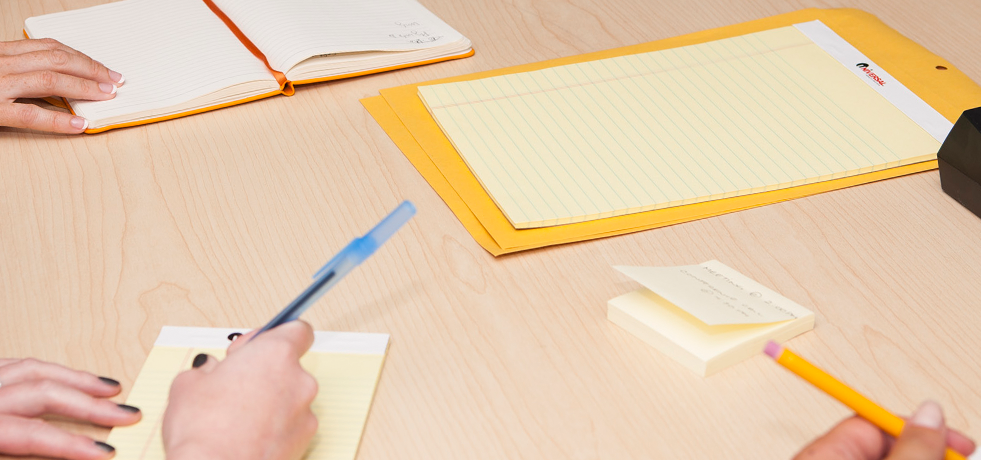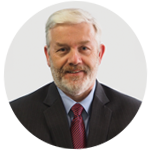You will take notes, lots of notes, in your new career as an independent consultant. Furthermore, those notes will matter a great deal to your effectiveness, reputation, and ultimately, your career success. That’s why I feel it worthwhile to discuss some ways in which you can ensure your note-taking will actually be helpful to you and your customers.

Sure, anyone can take notes. Taking notes which are useful and effective though, is not something which everyone is good at. It takes practice and technique to be good at note-taking. The chances are you’ll rarely have someone else to perform the task for you, so the onus is on you to acquire high-level note-taking skills. I hope you will find the following tips helpful in doing that.
When to Take Notes
In your consulting career, you will need to take notes at every meeting you attend, every interview you conduct, and during every discussion you have with a member of your customer’s workforce or management team. You will also take notes at conferences, in focus groups and when researching the latest best practices and industry trends. I told you there will be a lot of notes to take, didn’t I?
Some Key Note-taking Principles
In a future post or two, I’ll cover some practical tips for note-taking techniques, but for now, I just want to share some of the most important principles. If followed, these principles will at least ensure your notes never become a jumble of phrases and thoughts which are later lost in translation.
Preparation: Yes, you need to prepare for note-taking, as tiresome as it may sound. Before any meeting or discussion, you will doubtless have some idea of the topic and the outcome you hope for.
Prepare yourself by jotting down questions you plan to ask (then you only need to note the answers during the actual discussion) and the actions you want to be initiated from the discussion. Going into a meeting with a crib sheet like this will serve you so much better than turning up with a blank page in your notebook.
Do use a notebook: As popular as it is to take notes on a laptop or tablet, my advice is to leave your electronic device stowed and take your initial notes using good old pen and paper. I believe that allows you to stay more involved in the conversation and to be more attentive. That will not only help you to note the most important points, but will also help other participants to feel more confident and engaged in the discussion.
Learn shorthand: Or at least come up with your own system of symbols and abbreviations which will help you take notes quickly, and be able to understand them after the event.
Type up your notes ASAP: Once your meeting or discussion is concluded, it’s time to unpack the laptop and type your notes up into a more complete format. Do this at the earliest opportunity. If you wait until two or three days later, you will have forgotten points you meant to note, but didn’t, and now matter how well you wrote, will be unable to decipher some of your own handwriting … believe me, I know from bitter experience.
Take Note: Effective Note-taking is Valuable
When you are able to perform note-taking effectively, you will find you can actually remember a lot more (but your notes will be there as a back-up), project documentation will be easier to prepare, and you won’t get caught up in misunderstandings about who was to be responsible for what.
There are a lot of skills to learn if you plan to be a management consultant, and it’s often the more basic ones which will help you the most. Effective note-taking is one of those skills, so unless you are already a note-taking aficionado, it’s worth making the effort to become one. I promise you’ll be glad you did.
 Best Regards,
Best Regards,
Rob O’Byrne
Email: robyrne@logisticsbureau.com
Phone: +61 417 417 307

